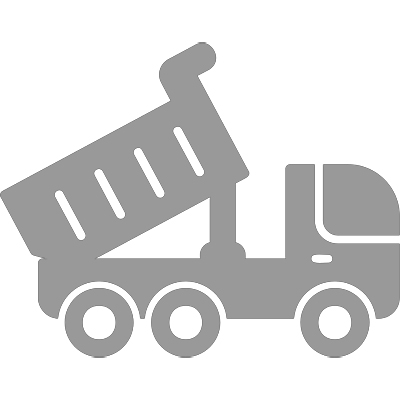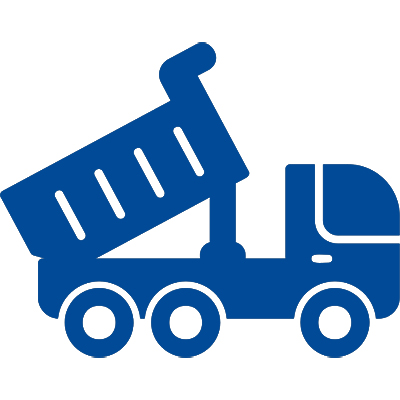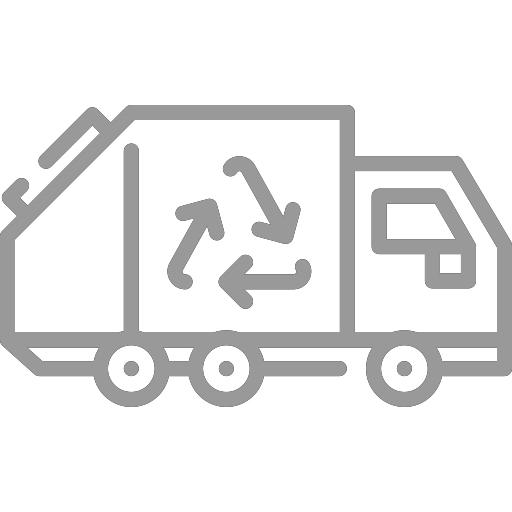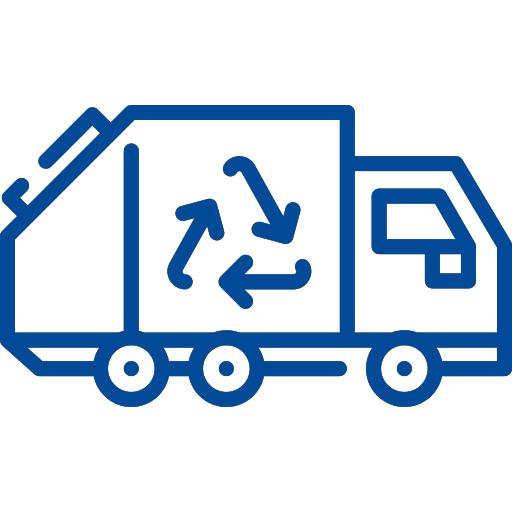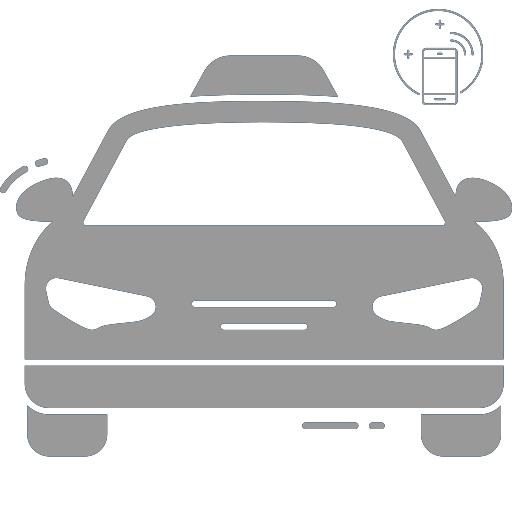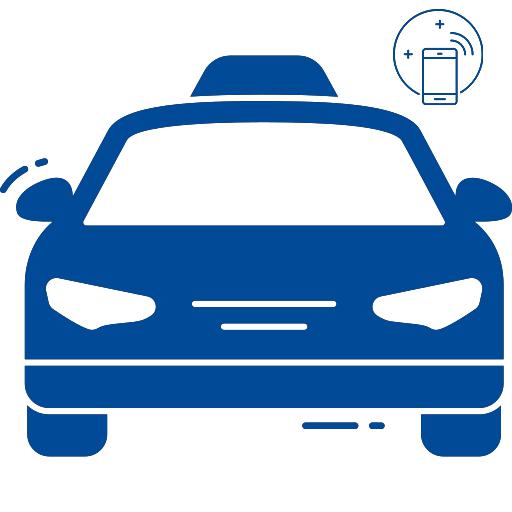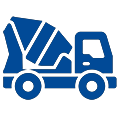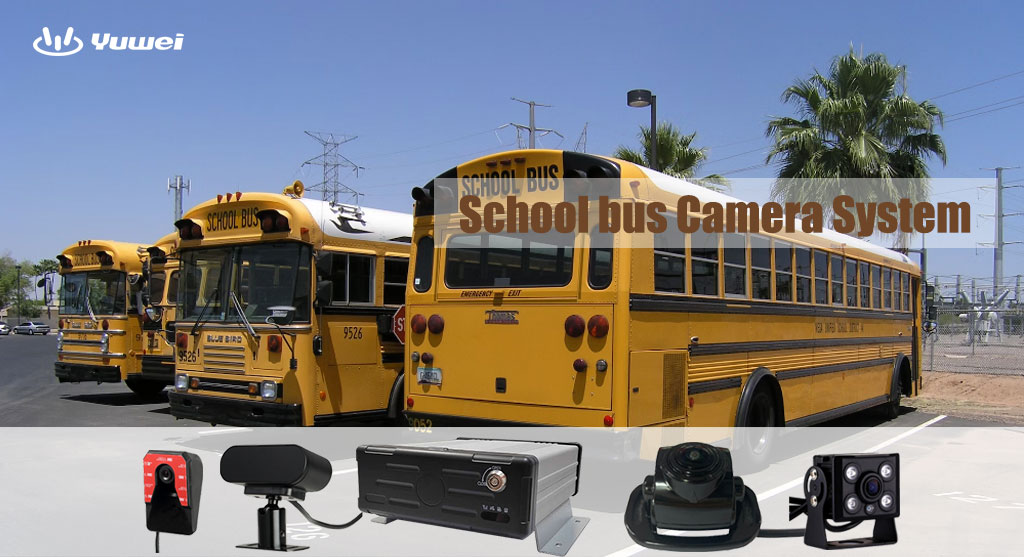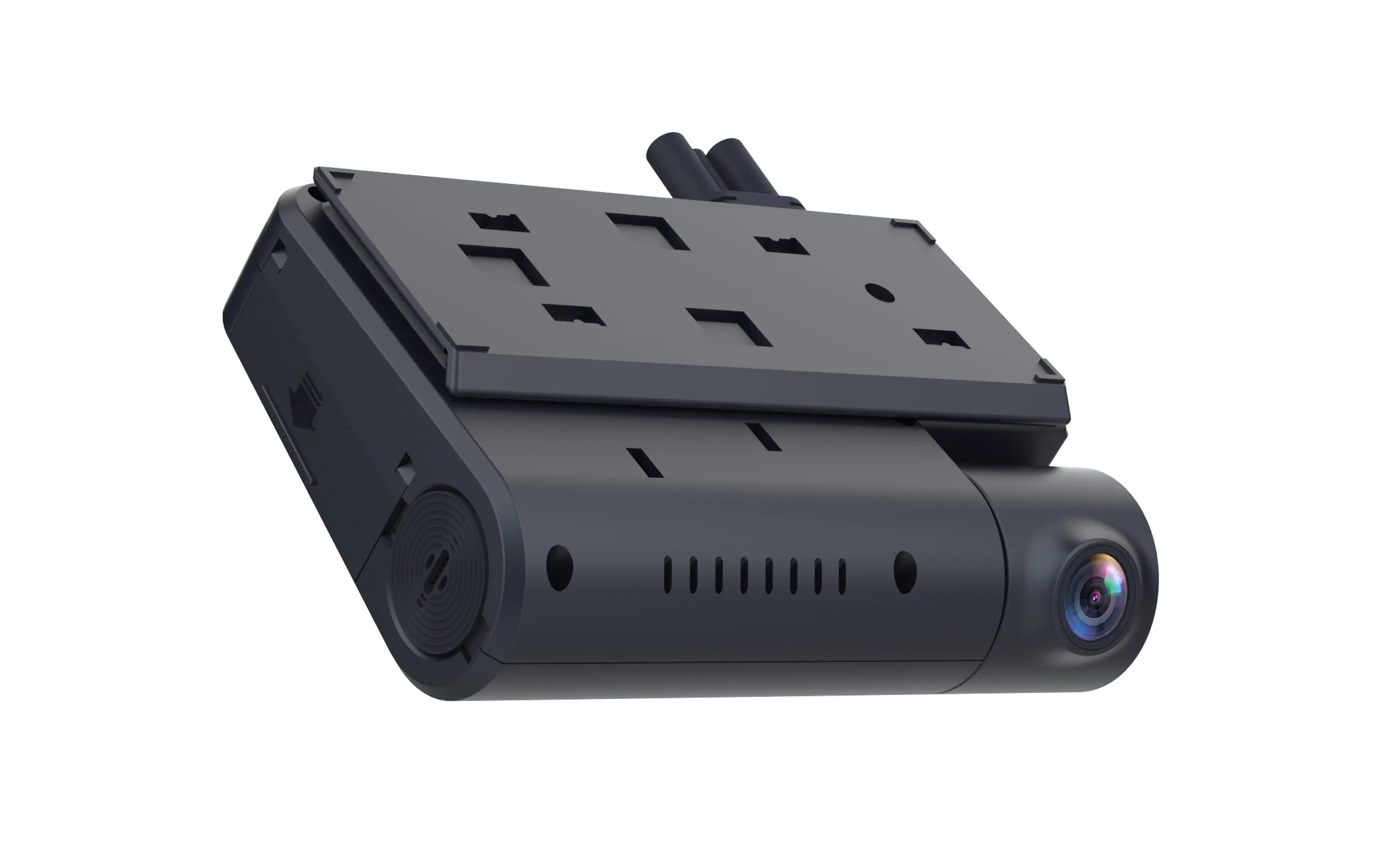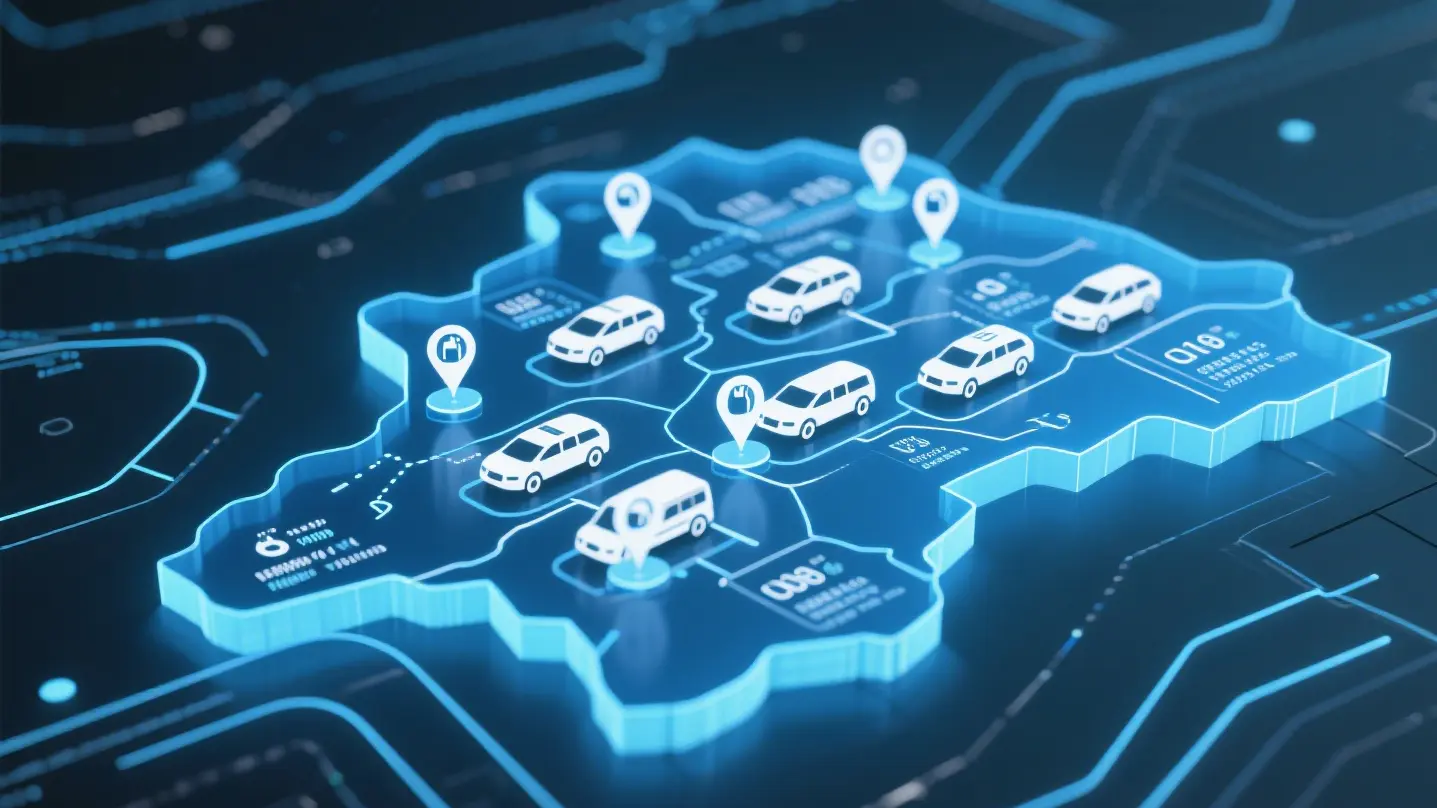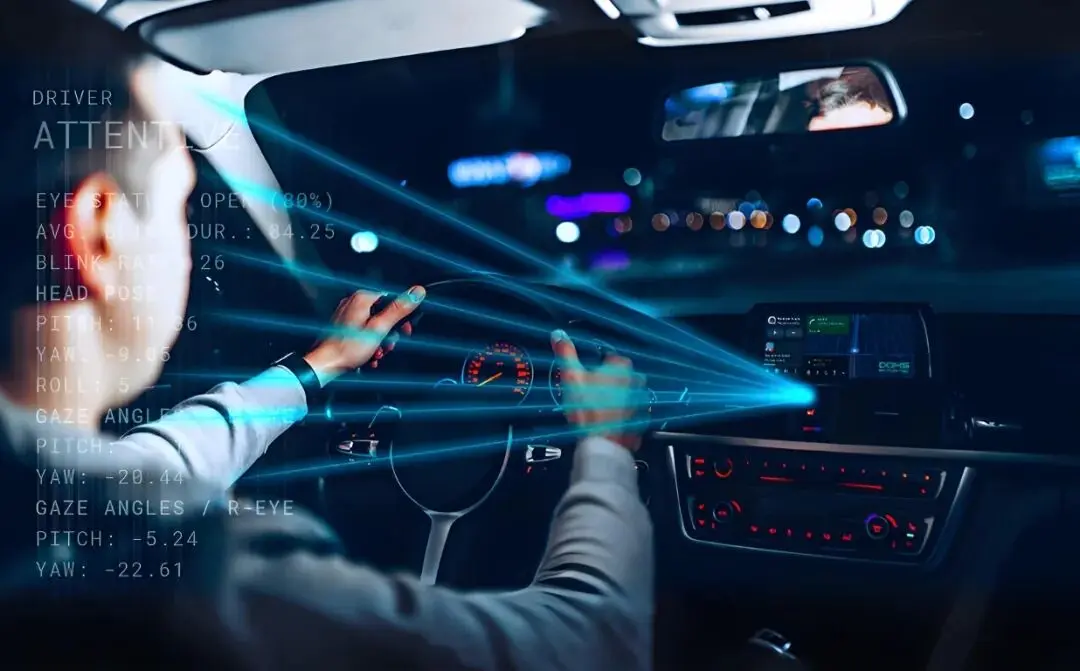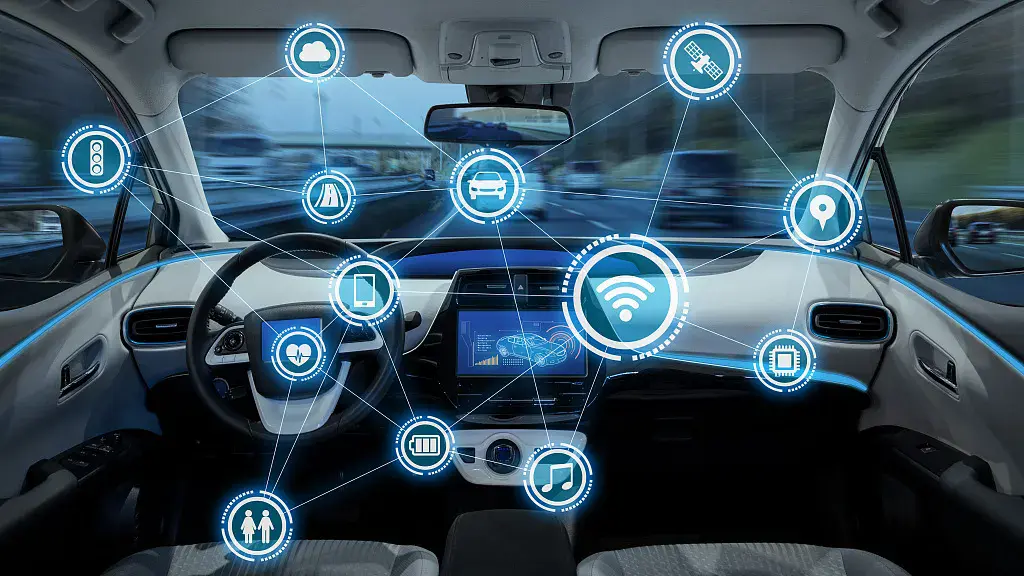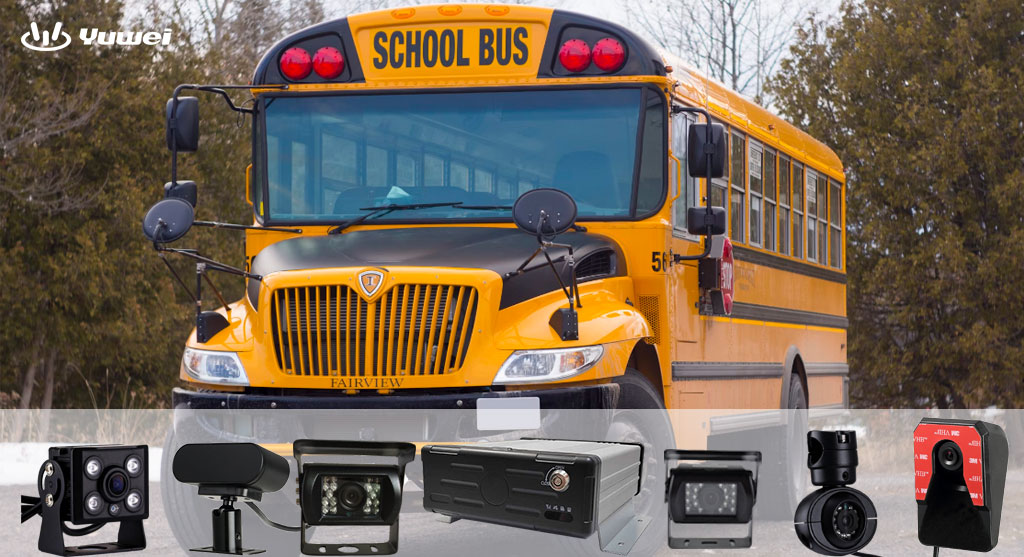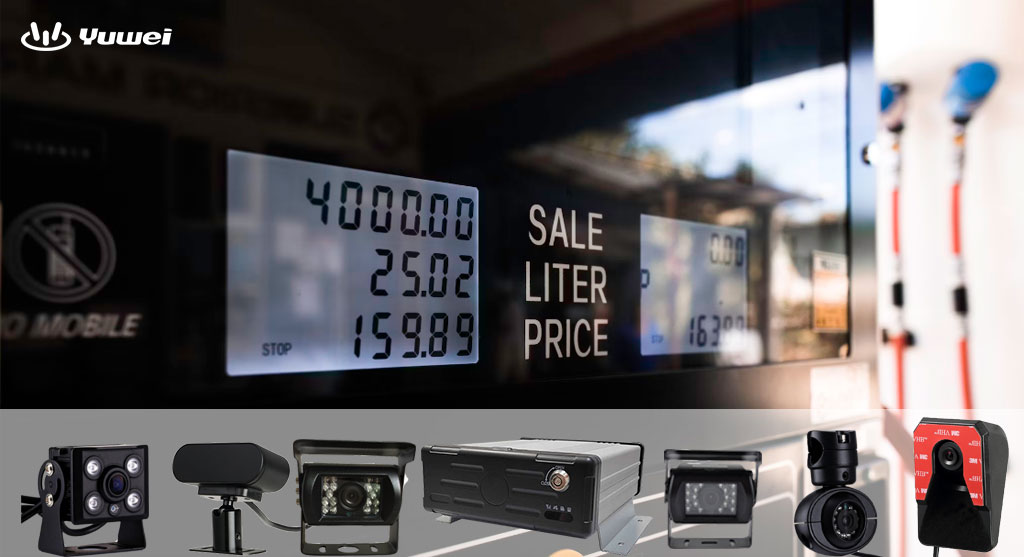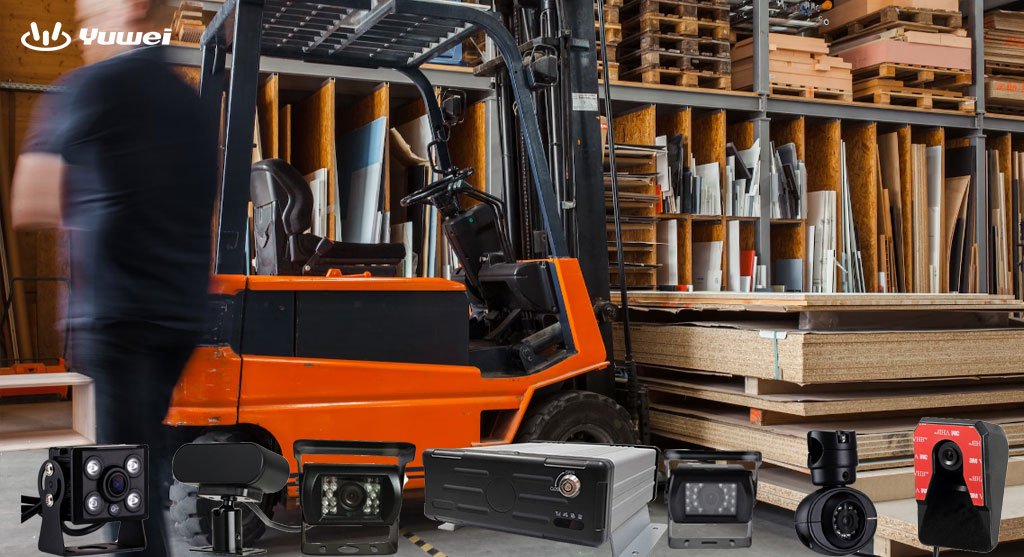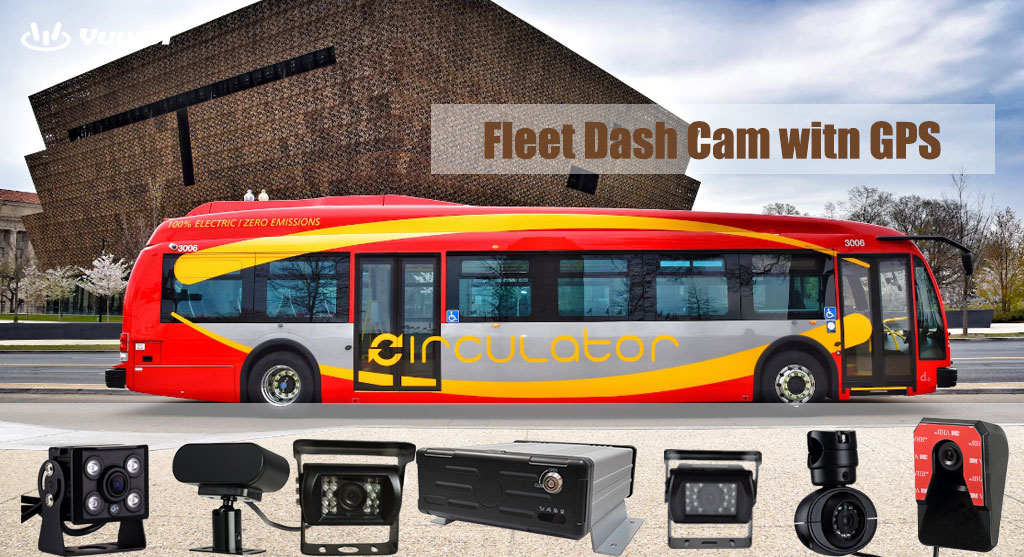Fleet Management and Telematics Solutions
Fleet Management Telematics Solutions
The difference between telematics and fleet management software?
More and more companies are utilizing telematics and fleet management software within their fleets. However, there may be confusion between the two, with many people thinking they do very similar jobs. That's not quite the case!
hnweb_
To help understand how each tool assists in supporting fleet management decisions, you need to grasp the functionalities and purposes of each. This can help you determine which one (if not both) best suits your needs.
What is Fleet Management Software?
Fleet management software, in essence, is a large information database where records of everything in your fleet can be stored. Such records can include:
- Vehicles purchased or leased
- Vehicle specifications
- Maintenance schedules
- Parts and service histories
- Driver and related compliance documents – insurance, licenses, taxes
- Fuel transaction records
- Operational expenses
- Financial data
The primary purpose of these systems is to streamline the management processes involved in overseeing all aspects of a fleet's lifecycle. This aids in understanding operational costs and total ownership costs of the fleet, ensuring legal operation, compliance with fleet regulations, and effective asset maintenance.
Therefore, these fleet systems often come with fairly comprehensive reporting tools, the ability to set alerts, and send emails. They can integrate with third-party systems such as financial and ERP solutions.
Telematics and GPS Tracking Systems
What are telematics and GPS tracking systems? These systems are more about points moving on a map rather than rows and columns in a database. They gather data from devices installed in the vehicles themselves (black boxes DVR), primarily tracking the location and performance of vehicles as well as driver behavior.
Data is transmitted digitally to the company's servers or through smartphone applications.
GPS vehicle tracking provides a limited dataset, showing the real-time location of vehicles and providing information such as driving routes and vehicle positions at specific moments.
Telematics vs. Fleet Management Software - Which Should You Choose?
We can now conclude that fleet management software and telematics systems are different, independent solutions. However, when used together collectively - if effectively integrated by the fleet management software provider - they can greatly enhance your fleet management capabilities.
telematics systems provide actionable information for your fleet management software, aiding in boosting fleet productivity. This combination, along with other integrations, helps you improve operational efficiency through smart data seamlessly and automatically.
In today's interconnected world, integrating telematics systems with fleet management software could be key to meeting all your fleet management needs.
Recently, integrating telematics into fleet management, many wonder what it is and why it's crucial for efficient operations. To help answer your questions, we've compiled all the information you need to know about fleet remote information processing in one place.
Fleet telematics involves integrating telecommunications and information technology to collect, transmit, and analyze data from multiple vehicles. This technology enables real-time tracking, performance monitoring, and data-driven insights, optimizing fleet management, improving operational efficiency, and enhancing safety.
While other fleets without telematics systems are forced to make reactive choices when issues arise, fleets equipped with remote information processing systems can better assess needs before they arise.
telematics is a groundbreaking technology that combines telecommunications, informatics, and wireless devices to send, receive, and store data. Specifically, remote information processing is the method of monitoring vehicles connected within larger fleets.
While telematics certainly can apply to single cars or trucks, it's often used to manage multiple vehicles or fleets.
Sometimes referred to as "fleet tracking" or "GPS vehicle tracking," fleet telematics is more than just tracking. "Fleet tracking" or "GPS vehicle tracking" may not necessarily address the true depth of remote information processing.
Want to know if your truck is idling too much and thus burning extra fuel? That's the job of telematics. Want to know if routes are optimized for traffic times? That's also the job of telematics!
Remote information processing is a method that relies on GPS and other onboard monitoring systems to transmit valuable vehicle data back to your center. In addition to providing information about vehicles, telematics can offer valuable insights into drivers (and their habits), allowing you to better monitor your vehicles and drivers.
From improving fuel efficiency to saving on maintenance costs (because you know when trucks need tuning), this technology revolutionizes modern fleet management and has now become a must for any business.















